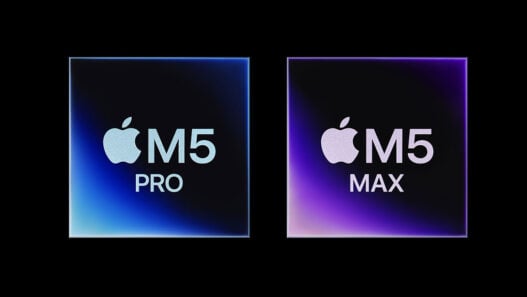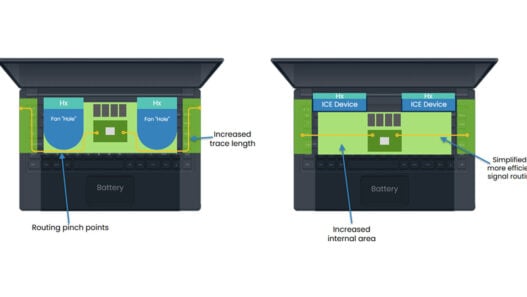Here, Mark Proctor, Managing Director of industrial automation supplier, European Automation discusses the challenges the automotive industry is facing due to the latest automotive design expectations. At the 2015 Consumer Electronics Show, autonomous and electric vehicles took centre stage.
BMW explored the possibilities of laser-powered headlights, Mercedes unveiled its luxurious self-driving model and Toyota encouraged manufacturers to consider building fuel-cell powered vehicles, following its own Toyota Mirai fuel-cell car release the year before. With such rapid changes in automotive design, it is surprising to discover that many car manufacturers are using traditional production lines.
Despite predictions by Google that over 10m autonomous vehicles will be on the road by 2020, many industry experts are sceptical. Let’s face it, it took mobile phone manufacturers ten years to progress from an old school brick-phone to a handheld flip one and it’s going to take much, much longer to safely mass-produce a fleet of self-driving, road-safe cars.
Even so, it seems that manufacturers are feeling the pressure. Changing market demands are forcing automotive manufacturers and the OEM of their assemblies to be more adaptable. As a result, the industry is seeing much of its older, traditional machinery fall into obsolescence. However, for an industry with increasing competition, growing energy costs and an ever-shortening time-to-market expectation, the downtime caused by a complete overhaul of older machinery in favour of new equipment could be detrimental.
To maintain high levels of productivity, while adhering to external pressures concerning energy management, automotive manufacturers are beginning to seek out Eco Obsolete Technology (EOT). EOT describes industrial automation parts that are still compliant with current energy efficiency standards, despite their production being discontinued by the OEM.
EOT plays an important part in today’s fast-paced manufacturing world. With technology evolving at such an incredible pace, the term obsolete doesn’t always mean the machinery is aging.
To keep up with demand, OEMs of industrial automation are continually upgrading and redesigning their products. Unfortunately for the users of the equipment, this has resulted in popular and sometimes relatively new components being discontinued. Without an opportunity to purchase a replacement from the OEM when an obsolete piece of equipment fails, manufacturers are left with few options other than upgrading their trusty machinery to newer, more complex models.
Choosing a new part or system isn’t always as easy as it may seem. The decision to upgrade could result in costly downtime, excessive equipment and installation costs and potential problems when integrating the part into the existing infrastructure.
Thankfully for manufacturers faced with this decision, obsolete industrial automation suppliers are never too far away and can help avoid this headache. Using an extensive range of partners from around the world, a good supplier of industrial parts can locate the components you require, regardless of whether they are modern, standard, new, used or obsolete.
Today’s automotive industry is changing at an impressive rate compared to the last hundred years. However, despite the growing excitement of self-driving dream cars, sci-fi worthy dashboards and ergonomically designed, lightweight supercars, the goal of most automotive manufacturers remains the same: to operate as efficiently as possible and get products to market as quickly as possible – without the hassle of costly downtime.







